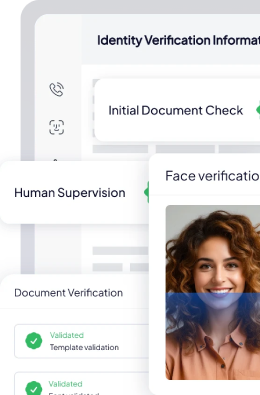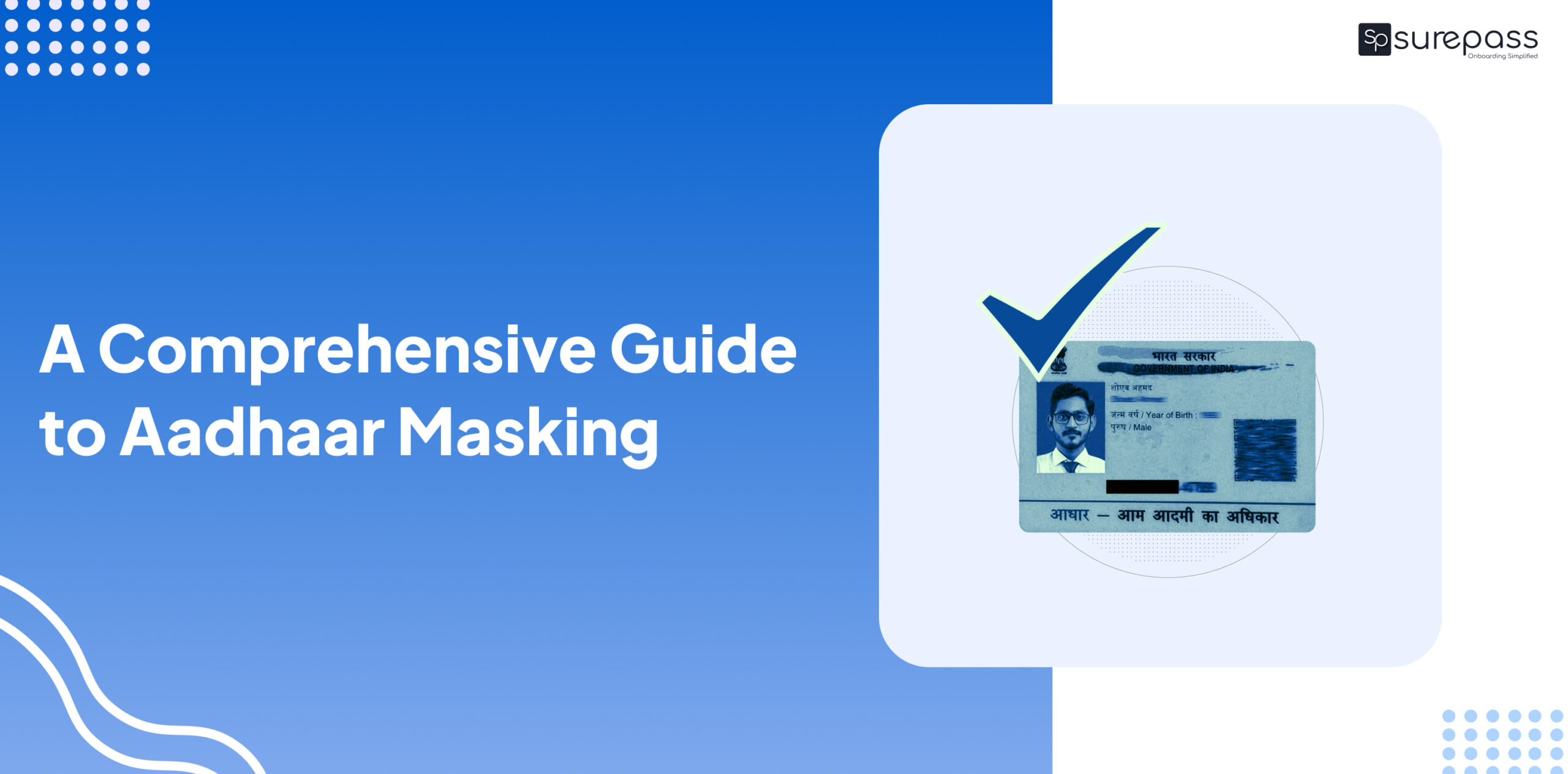It has become increasingly critical to protect personal information in an age of technology advancements and growing privacy concerns. Aadhaar, India’s distinctive identification system, provides demographic and biometric information and is linked to almost all government-issued IDs. However, concerns about security and privacy prompted the development of a method known as “Aadhaar masking.”
Mask Aadhar
Customers who are hesitant to submit sensitive information must have their privacy respected by firms. Software companies have created digital Aadhaar masking solutions that are compatible. People can understand the actions to protect their privacy, and businesses may provide better customer service by understanding the concept of Aadhaar masking.
Aadhaar Masking
The Unique identity Authority of India (UIDAI) issues Aadhaar, a 12-digit biometric identity number.Aadhaar masking is a security mechanism that protects a person’s Aadhaar number privacy. The Aadhaar number is disguised or partially replaced with asterisks or other symbols, making it invisible or only partially accessible to unauthorized individuals.
This masked Aadhaar option “allows you to mask your Aadhaar number in your downloaded e-Aadhaar,” according to the UIDAI website. The first eight digits of the Aadhaar number are replaced with characters such as “xxxx-xxxx,” leaving only the last four numbers exposed.
What Is Masked Aadhaar?
The primary aims of Aadhaar masking are to safeguard privacy and avoid the exploitation of personal information. Aadhaar cards include sensitive data like biometric and demographic information, hence protections must be implemented. Masking Aadhaar provides identity verification when just a little quantity of information is required, while still allowing users to preserve control over their personal data.
Aadhaar Masking Solution
The Aadhaar masking process uses algorithms and secure data processing technologies.
- Masked Aadhaar generation: People may create and download Masked Aadhaar by visiting the UIDAI website or Aadhaar Enrollment Centres. The final four digits of the Aadhaar number will be visible in the masked version, while the remainder will be obscured. Users can download the Aadhaar card, which is password-protected and encrypted.
- Virtual ID authentication: To improve security, anybody can establish and use a virtual ID for Aadhaar authentication. This ensures that the true Aadhaar number is not divulged during the verification.
- Surepass’s Aadhaar Masking API: Surepass’s identity verification Aadhaar masking API, an excellent solution for customer identification verification, safeguards data privacy by concealing critical information in an Aadhaar card. It secures personal information by concealing or switching out some digits while allowing for essential verification.
Businesses must use security measures to ensure a safe online environment for their customers while also simplifying processes.
Mask Aadhaar reduces Risk
Masking Aadhaar information throughout the KYC verification process enhances the customer experience while simultaneously increasing data privacy and regulatory compliance.
- Scalability – Businesses may easily manage a large number of Aadhaar numbers by submitting KYC documents and confirming them in bulk via the Aadhaar masking API, which promotes scalability and simplifies operations.
- Increased Data Privacy – By limiting exposure, concealing the first eight digits of Aadhaar numbers protects sensitive personal information and improves data privacy.
- Increased Customer confidence – Using Aadhaar masking demonstrates a commitment to data privacy and security, building confidence with stakeholders and customers and increasing the organization’s overall reputation.
- Limited Biometric Sharing – To ensure privacy, Aadhaar authentication processes share only limited biometric data. To confirm identity, a hash or encrypted representation is used instead of the entire fingerprint or iris data, lowering the danger of data exploitation.
- Regulatory Compliance – By automatically masking Aadhaar numbers as needed, the API ensures compliance with legal standards specified by UIDAI and other regulatory agencies. Businesses may ensure compliance with legislation mandating the masking of Aadhaar numbers once the KYC process is completed by using the Aadhaar masking API.
- Reduced Fraud Cases- By hiding important information, the risk of identity theft and fraud is reduced. This makes it harder for malicious fraudsters to exploit the data. Users and organizations have the option of securing their data.
- A seamless user experience – Instead of manually concealing their Aadhaar numbers, customers may utilize simple digital masking to fulfill the necessary KYC requirements. As a consequence, the customer onboarding and verification processes are more efficient and safe.
Masked Aadhaar Card Means to enhance security and privacy
Step 1: Real-time masking displays just the last four digits of an Aadhaar number, with the remaining digits marked by a “x” or an asterisk (*). This restricted exposure ensures critical data privacy while also improving anonymity and privacy protection through real-time masking and authentication.
Step 2: Automating mass Aadhaar masking includes simultaneously validating Aadhaar information in several KYC procedures while concealing a large number of Aadhaar numbers.
Step 3: Aadhaar cards include a QR code on them that carries encrypted data. While being scanned, it displays important information while masking the Aadhaar number. As a consequence, data transfer for authentication operations is more safe and reliable.
Step 4: Instead of using their Aadhaar number, individuals can generate a Virtual ID, which is a temporary, revocable 16-digit number. To safeguard the individual’s privacy, it acts as a proxy and can be used for authentication purposes instead of the actual Aadhaar number in a variety of transactions.
Step 5: Quick Integration: The Aadhaar masking API may be utilized to accelerate masking automation, and API platforms are easy to integrate with existing corporate systems. Businesses may simply integrate API platforms as secure gateways to accelerate operations.
These masking features attempt to achieve a compromise between privacy protection and the effective use of Aadhaar for verification, ensuring data security and minimizing the risk of fraud or identity theft.
Mask Aadhar with Surepass
Surepass, a supplier of digital solutions, provides an API-based KYC verification service. Our Aadhaar masking API solves issues such as the exploitation of sensitive demographic and biometric data, unauthorized access, data breaches, and identity theft by concealing Aadhaar information throughout the verification process.
Businesses may benefit from digital onboarding while safeguarding the security and privacy of their Aadhaar data using Aadhaar masking. To ensure compliance and boost security, include our Aadhaar masking API into your KYC verification process.





